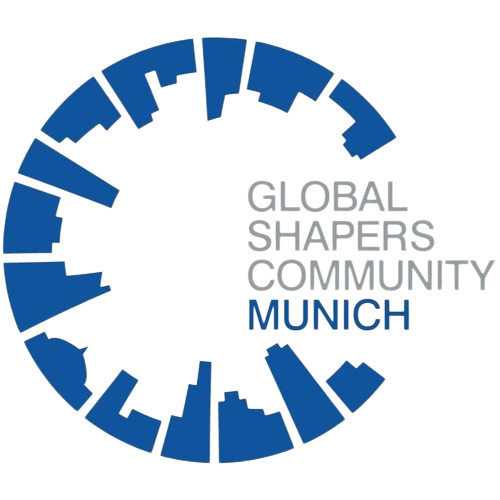In September 2020, a fire broke out in Camp Moria, Greece's largest refugee camp on the island of Lesvos, rendering nearly 13,000 people without shelter and causing a humanitarian disaster. In their reaction, members of the Global Shapers Munich team comprising Sharbani Sengupta, Gabriela Braga, Colin Benz and Thomas Ciarán Zschocke set up the happiness package project in collaboration with EuropeCares, Greek NGO Becky’s Bathhouse, as well as other Global Shaper Hubs to support refugees in Lesvos, Greece.
Gabriela shared some insights about the motivation behind the project, the challenges faced, and the impact on the refugees.
WHAT WAS THE MAIN GOAL OF THE PROJECT?
The main goal was to support refugees in the camp that were directly affected by the fire. Before this tragic event, they were exposed to overcrowded and unsanitary conditions that put their physical and mental health at risk. This was why we aimed to deliver packages containing essential hygiene items such as toothpaste, toothbrushes, and sanitary pads.
WHAT DID YOU THINK THE RESULT WOULD BE?
We thought we would be able to quickly build and deliver those small product kits through donations we collected. Unfortunately, the pandemic and travel restrictions made things difficult from a logistical standpoint and, also with our search for corporate partners. On the other hand, it motivated the team to find new solutions to proceed with our project and generate the needed impact.
DID THE IMPACT HAPPEN AS EXPECTED?
Yes, I would say so. Even with the difficulties brought about by the pandemic and the lack of resources, we were still able to achieve our initial goal which was to support the refugees in Moria: We successfully delivered over 500 sustainable toothbrushes to women refugees in partnership with Becky's Bathhouse. We also provided them with some financial support from the donations we received to help scale their helping efforts.
WHAT DID YOU PARTICULARLY ENJOY ABOUT THE PROJECT?
I enjoyed the team spirit we kept through the entire project duration. We actively sought creative solutions to every challenge we faced, from sending emails to corporate partners to organizing the shipment to Greece. If it weren’t for our firm commitment to the project's goal and the collaborative environment we built, we might not have successfully navigated the journey.
WHAT WAS PARTICULARLY DIFFICULT ABOUT THE PROJECT?
I would say finding stakeholders and partners who were willing to work with us. While trying to reach out to companies, we discovered that most of them, especially those in Germany, were focused on engaging with NGOs and projects in their surroundings. It was a surprise for us as we were expecting a broader approach in that regard.
IF YOU HAD TO START AGAIN, WHAT WOULD YOU DO DIFFERENTLY?
We would probably dedicate more time to analyzing the bureaucratic aspects of our project scope and investigating more closely the critical items that refugees lacked. As Albert Einstein once said, "If I had an hour to solve a problem, I would spend 55 minutes thinking about the problem and five about solutions." From the experience we have gained from this project, we can advise others working on similar projects to really invest enough time in the problem analysis phase because I think it is essential to get this step right before moving to the next project step. Also, it is necessary to ensure that the teams are aligned and have all the needed tools and resources at hand. Finally, but not less important, focus on creating a collaborative environment, as the key to a project's success lies primarily in its team and leadership orientation.
WHAT WAS PARTICULARLY NOTABLE ABOUT THIS PROJECT OR SOMETHING YOU ARE PROUD OF?
First, I would say the article IMPAKTER wrote about our project. It made us realize that we generated a visible and meaningful impact as the article highlighted the importance of the issue we were aiming to tackle – in this case, the devastating effect the fire had on refugees in Moria and how urgent it was to support them. This was particularly insightful because we observed it was difficult for people to record the events as they happened, gain necessary insights into the events in the camp and understand the challenges faced by the refugees living there.
Although we eventually decided to step back after the donations we made, we were able to set the stage for our partner – Becky’s Bathhouse, to scale their work locally. As a community, much of our work empowers others to continue the projects we come up with. Thus, we were delighted to have contributed to building a value chain and passing it forward to our partners.

